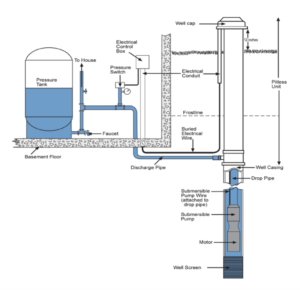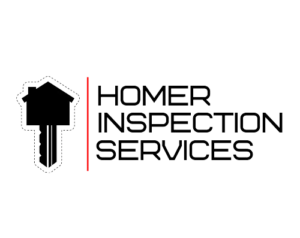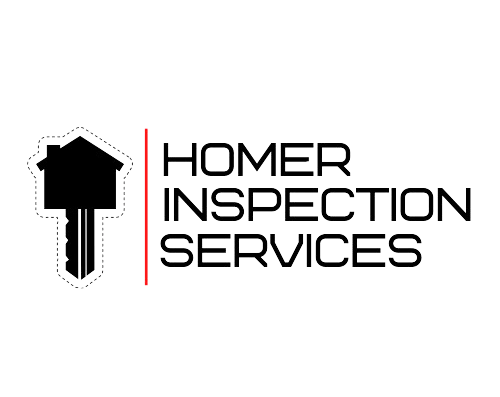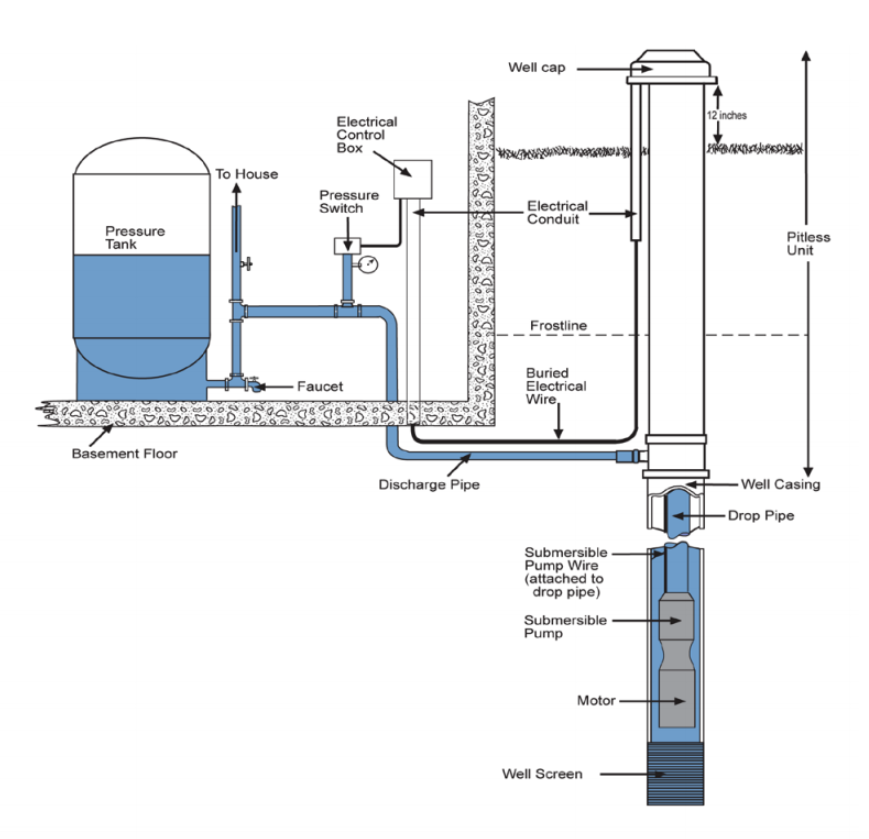Introduction
Buying or selling a home with a private well in Pennsylvania, Delaware or Maryland? Don’t let uncertainty about your water supply muddy the waters! A professional well inspection by a qualified home inspector or well contractor is crucial for ensuring safe, reliable water for years to come. In this guide, we’ll delve into the intricacies of private well inspections, empowering you with the knowledge to make informed decisions and protect your investment.
Why a Well Inspection is Essential in Pennsylvania?
Unlike homes connected to municipal water systems, properties with private wells rely on a self-contained water source. This places the responsibility of maintenance and upkeep squarely on the homeowner. A well inspection provides a detailed assessment of the well’s condition, water quality, and production capacity, offering peace of mind to both buyers and sellers.
A Well Owners Guide can be found here.
What Happens During a Private Well Inspection?
A comprehensive well inspection involves a meticulous examination of various components:
- Well Casing: The protective lining that safeguards against contaminants. Inspectors check for damage, corrosion, and proper sealing.
- Well Cap: A crucial barrier against debris and surface water. Inspectors examine it for cracks, damage, and a secure seal.
- Well Pump: The heart of the system, drawing water from the well. Inspectors assess its functionality, electrical safety, and signs of wear.
- Pressure Tank: Stores water and maintains consistent pressure. Inspectors look for leaks, corrosion, and proper pressure settings.
- Pressure Switch: Controls the pump’s operation. Inspectors test its functionality to ensure optimal water pressure.
- Piping and Valves: The network delivering water throughout the home. Inspectors check for leaks, corrosion, and proper installation.

Water Quality: More Than Meets the Eye
A well inspection goes beyond the visual. Water quality testing is essential to identify potential contaminants:
- Bacteria: Coliform bacteria and E. coli can pose serious health risks.
- Nitrates: Elevated levels can be harmful, especially to infants.
- Heavy Metals: Lead, arsenic, and others can contaminate well water.
- Other Contaminants: Pesticides, herbicides, and other pollutants may be present depending on the location.
The Well Flow Test: Measuring Capacity
The well flow test is a critical component of the inspection. It measures the well’s ability to provide a consistent water supply:
- Two-Hour Test: The well pump runs continuously for two hours.
- Flow Rate: Measured in gallons per minute (GPM).
- Total Yield: The total volume of water produced during the test.
- Adequacy: Determines if the well can meet the water demands of the property.
Common Observations and Defects
Well inspections often uncover issues that require attention:
- Damaged Well Cap Bolts: Compromising the well’s seal.
- Non-Sanitary Well Caps: Outdated caps that lack proper sealing.
- Corroded Well Casing: Potentially leading to water contamination.
- Malfunctioning Well Pump: Causing inconsistent water pressure or loss of supply.
- Low Well Yield: Indicating a potential problem with the well or pump.
- Poor Water Quality: The presence of harmful contaminants.
Why a Well Inspection Matters
- Buyer Protection: Provides critical information about the water supply before purchase.
- Seller Advantage: Addresses issues proactively, making the property more attractive.
- Health and Safety: Identifies potential water quality concerns.
- Cost Savings: Early detection prevents expensive repairs later.
- Peace of Mind: Ensures confidence in the water supply for both buyers and sellers.
Call Us Before Buying A Home With a Private Well
Safeguard your water supply and your investment with a professional well inspection. Our certified inspectors provide comprehensive assessments, detailed reports, and expert recommendations.
Pricing
Well inspections typically range from $300 to $600, depending on the scope of the inspection and any additional testing required.

Homer Inspection Services



